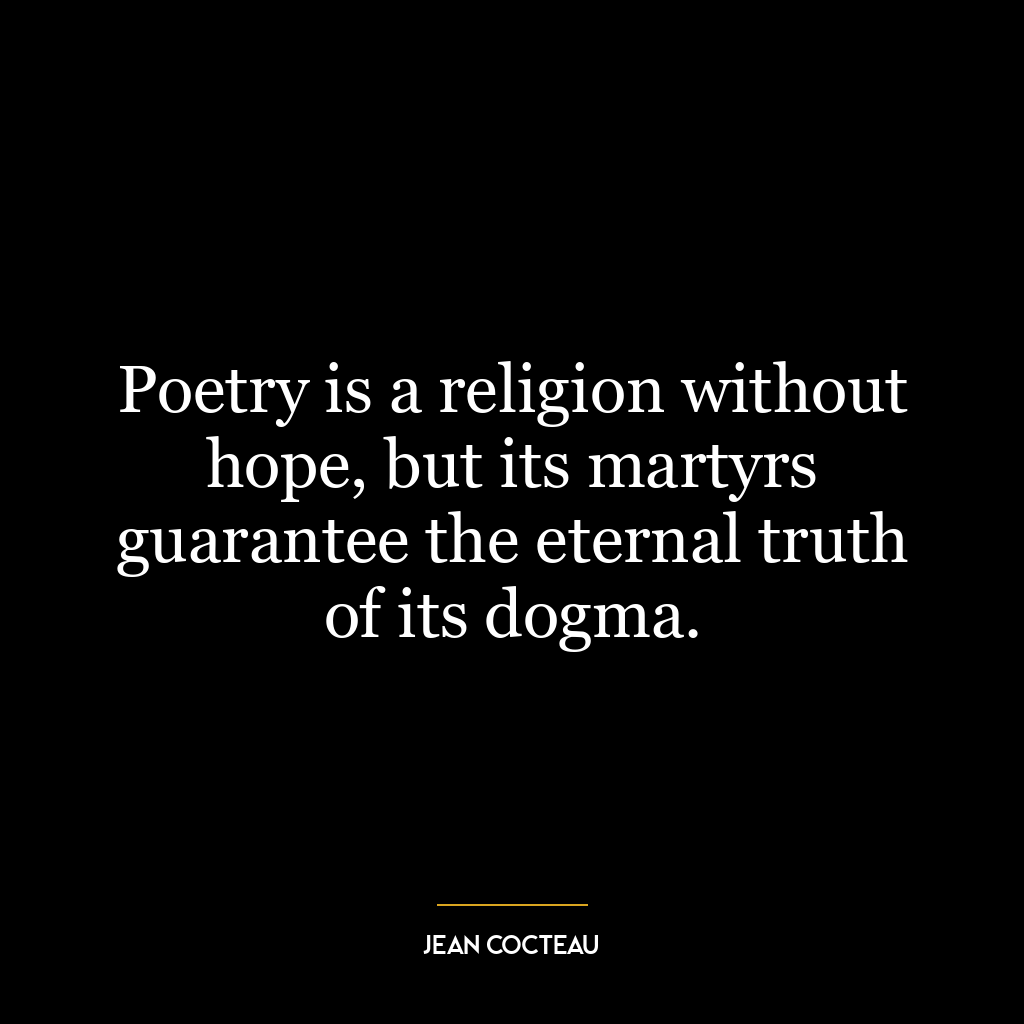The wicked man, when he dies, is driven to his grave, but the Christian comes to his grave.
This quote suggests a contrast between the experiences of the wicked and the righteous at the end of their lives. The wicked, it implies, are driven to their graves as though they are being chased or forced there by their misdeeds or guilt. Their journey to death is one of fear, reluctance and compulsion.
On the other hand, “the Christian comes to his grave” suggests a willing acceptance of death. It implies that those who lead virtuous lives arrive at their graves peacefully and willingly because they have lived in accordance with moral principles and have nothing to fear from death.
The quote also seems to suggest that our attitudes towards life greatly influence our attitudes towards death. Those who live wickedly may fear retribution after death, while those who lead virtuous lives may view death as a peaceful transition into another phase of existence.
In today’s world, this idea can be applied in various ways. For instance, it could serve as a reminder about the importance of leading ethical lives – not out of fear for punishment but because it leads to peace at life’s end.
In terms of personal development, this concept could encourage individuals to reflect on their actions and behaviors regularly. Are we living in ways that will bring us peace when we reflect on our lives? Or are we engaging in actions that might fill us with regret later? This introspection can guide us toward self-improvement and moral growth.
Moreover, it underscores an essential aspect: Death is inevitable for everyone – good or bad; it’s how we live our life that determines how comfortably we embrace this inevitability when time comes.








